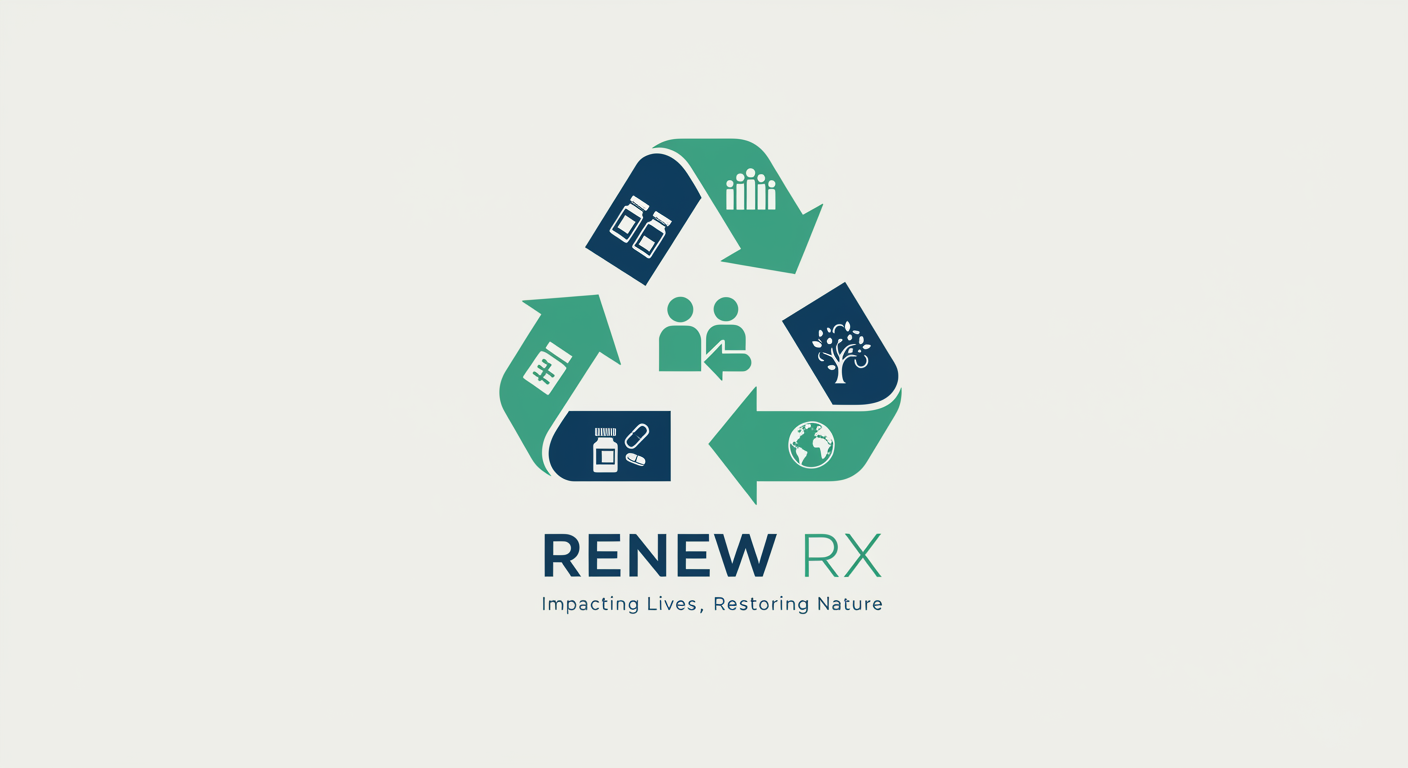Globally, over 2 Billion USD worth of pharmaceuticals go to waste annually. The amount of pharmaceutical waste keeps increasing. The process of discovering and manufacturing medicines can take up to 15 years. Wastage includes rubbishing the work that goes into bringing the products to patients who need treatment. Lives can be lost when patients miss medicaments due to supply chain mismanagement leading to expiries. Pharmacy professionals can contribute to minimizing the threat that pharmaceutical waste poses to humanity. Proper inventory management, including redistribution, can be a game-changing strategy for the pharmacy and the wider community. The approach can reduce the amount of unused medicines.
Pharmaceutical waste impacts our environment, with some ending up in landfills. Animals can get access to such products, which can contribute to drug resistance. Studies show that domestic animals like chickens can contribute to the cycle of antimicrobial resistance. The medicines can pollute water sources, posing a risk to humans and animals. Expired medications come with the additional cost of proper disposal. In Kenya, the process involves procedures shared by the Pharmacy and Poisons Board (PPB). Conforming with the regulator’s requirements may mean bearing incineration costs. They set a minimum guidelines list involving fee payments. You have to pay to complete the application to dispose of pharmaceutical waste.
Labeling can be an effective system for reducing medicine expiries and, therefore, pharmaceutical waste. A color-coded label can help you quickly determine which product to liquidate first. Retail (community) pharmacies generally experience rush hours. The timings can include the morning, lunch hour, and evening. Many establishments lack multiple staff. Labels offer a quick way to make decisions when customer visits are high. The stickers are practical in implementing inventory managing strategies like FIFO (First In, First Out). Ensure all team members know what each sticker color means. You could link the coloring to how soon products are to expiry dates.
Remember to counter-check the labels regularly, preferably monthly, given it impacts how much time remains for products to expire. Use labels of a similar size to make it easy to cover the previous label. Place the labels where they don’t cover information critical to the patient. Labeling costs are generally way lower than losses due to expiries. The stickers may help you notice overstocking or slowing down of product use. Such information can help you create strategies to reduce expiries, for example, running sales or redistribution. The steps can increase your cash flow as excess inventory means holding money as stock.

Labeling can be an effective system for reducing medicine expiries and, therefore, pharmaceutical waste. A color-coded label can help you quickly determine which product to liquidate first. Retail (community) pharmacies generally experience rush hours. The timings can include the morning, lunch hour, and evening. Many establishments lack multiple staff. Labels offer a quick way to make decisions when customer visits are high. The stickers are practical in implementing inventory managing strategies like FIFO (First In, First Out). Ensure all team members know what each sticker color means. You could link the coloring to how soon products are to expiry dates.
Remember to counter-check the labels regularly, preferably monthly, given it impacts how much time remains for products to expire. Use labels of a similar size to make it easy to cover the previous label. Place the labels where they don’t cover information critical to the patient. Labeling costs are generally way lower than losses due to expiries. The stickers may help you notice overstocking or slowing down of product use. Such information can help you create strategies to reduce expiries, for example, running sales or redistribution. The steps can increase your cash flow as excess inventory means holding money as stock.
The Kenyan community (retail) pharmacy industry is highly fragmented. The result is high competition. Management of your pharmacy inventory is a critical component of beating the competition. Improve your pharmacy cash flow as you reduce expires by embracing using labels. We at Renew Rx believe pharmacy professionals are the key to reducing and eliminating pharmaceutical waste. Check out the platform https://liquidate.renewrx.africa/ to contribute to lessening pharmaceutical waste and improving medicine access. Use less cash by ordering products at discounts as you support colleagues liquidating short-expiry and slow-moving items.

